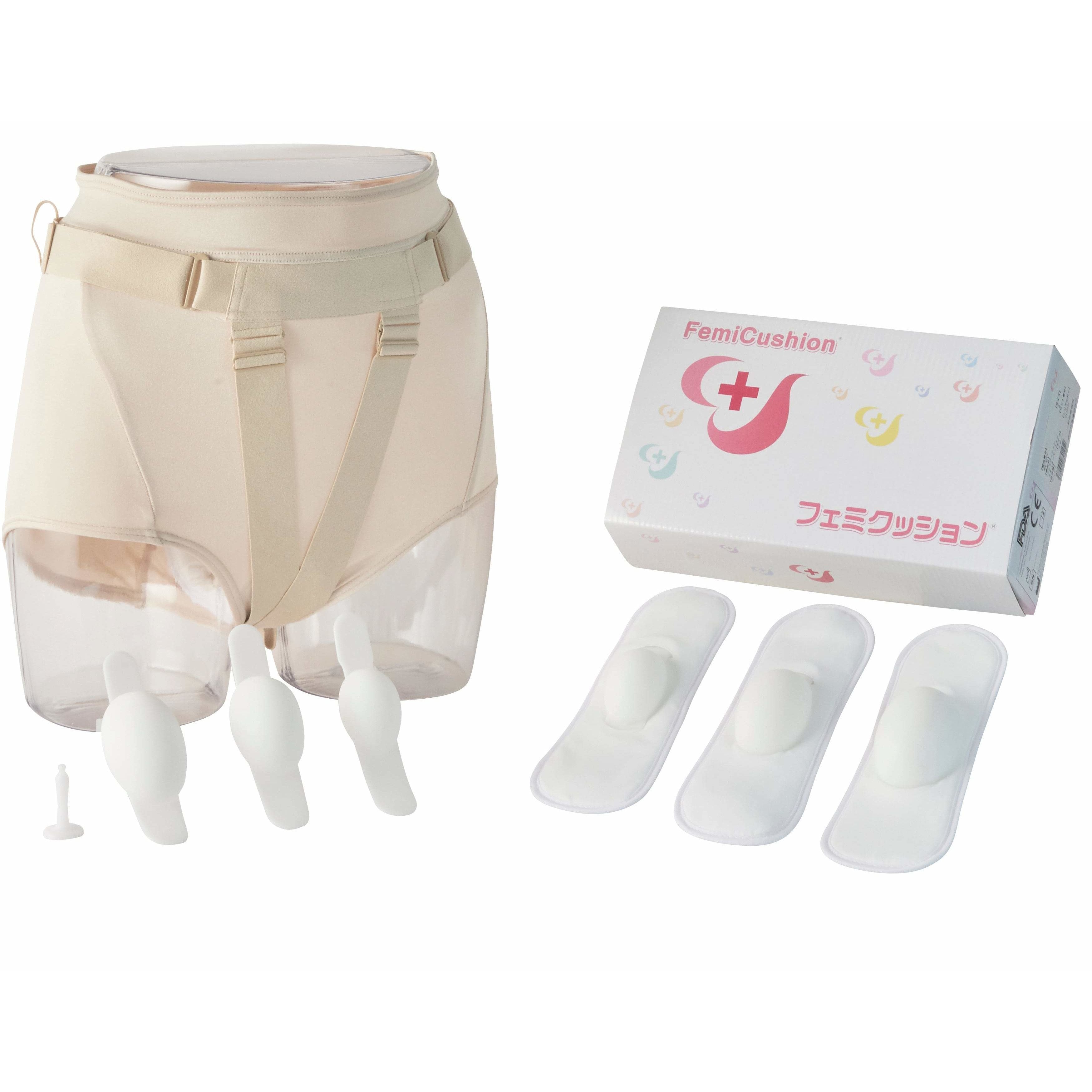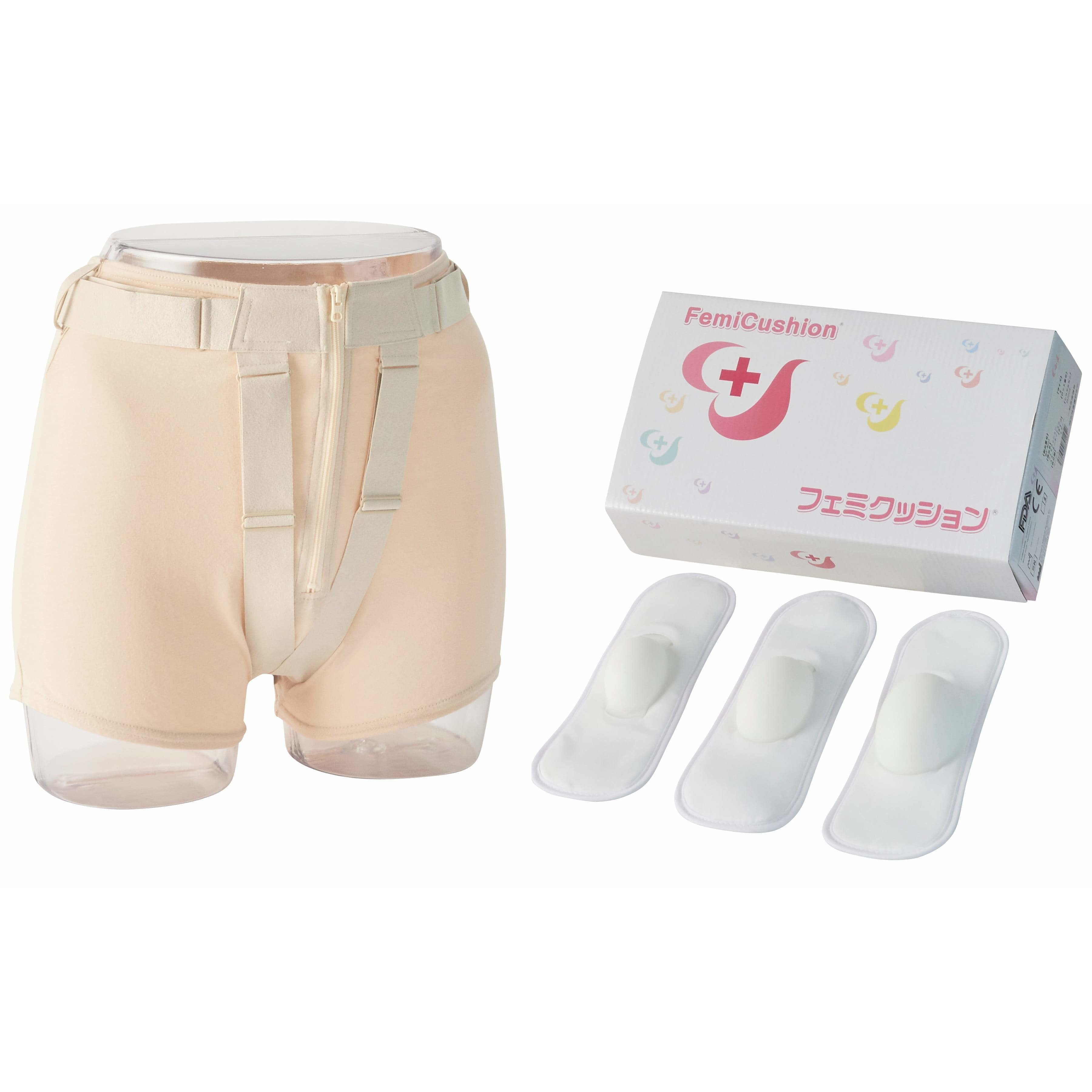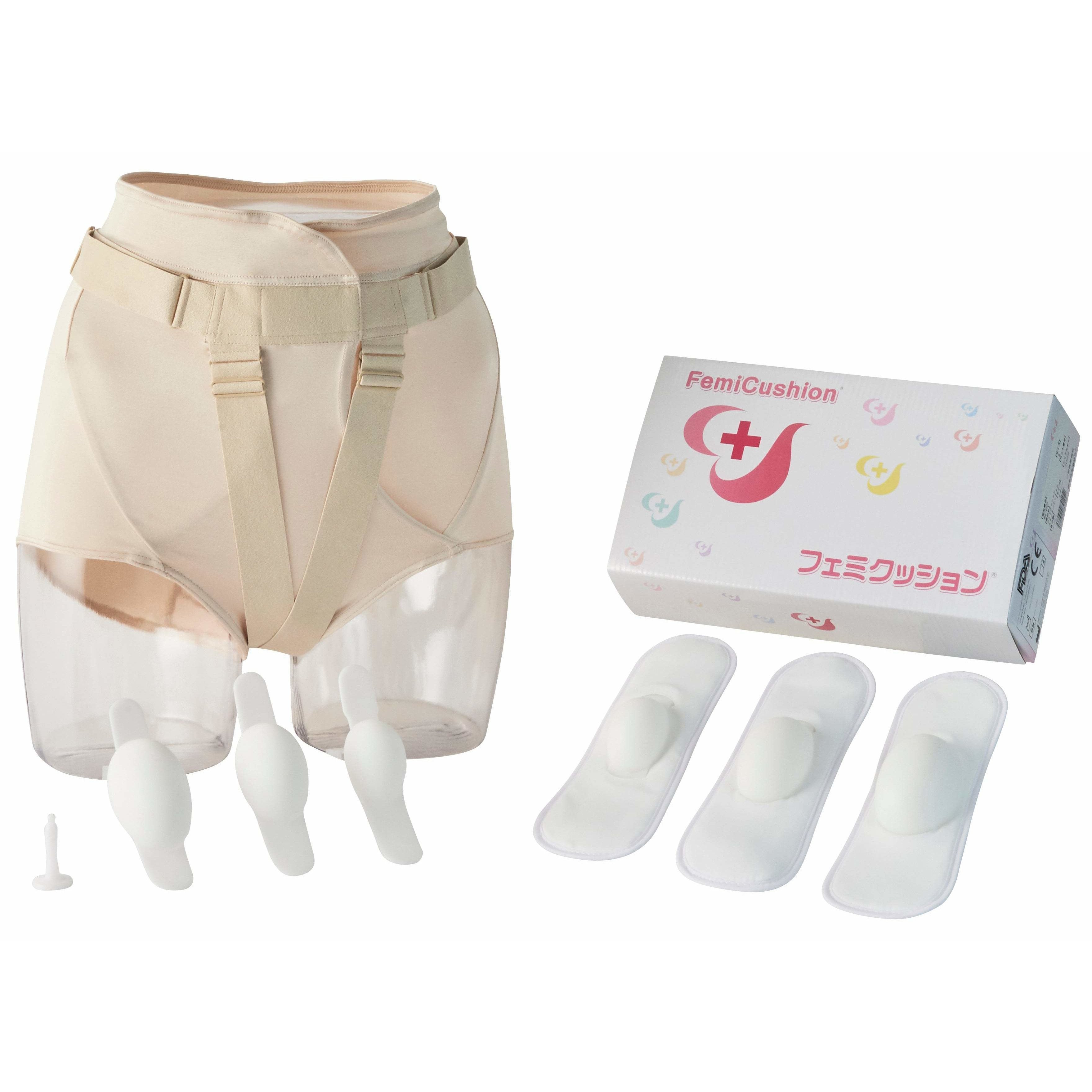Difficulty Urinating | Causes, Symptoms, and Diagnosis
Summary
Table of Contents

Difficulty in urination can occur due to various reasons such as anatomical abnormalities in the genitourinary tract or neurological/muscular conditions that affect the bladder. For instance, conditions like enlargement of the prostate gland or prostate cancer can cause difficulty in urination in males. In females, bodily stresses like childbirth can cause pelvic organ prolapse, which can further cause urinary difficulty. Difficulty urinating might occur as a side effect of certain medications. Scar tissue formed after surgery or trauma or a urinary tract infection can also impede urine flow.
How do I know I have difficulties during urination? Symptoms of urinary difficulties
If you have difficulty in urination, you may notice one or more of the following signs:
- Waking up in the night multiple times to urinate
- Blood in urine
- Change in urine color
- Cloudy urine
- Difficulty emptying bladder
- Weak urine stream
- Difficulty starting urination
- Frequent urination
- Involuntary loss of urine
- Pain or burning when urinating
- Continued strong persistent urge to urinate
Why am I having difficulty urinating? Causes of urinating difficulties:
As we mentioned above, difficulty in urination can occur due to various reasons. Most commonly it develops due to:
- Bladder Stones
- Central Nervous System Infections
- Certain Medications
- Heavy Metal Poisoning
- Shy Bladder Syndrome
- Trauma
- Pelvic Organ Prolapse
Pelvic organ prolapse
Pelvic organ prolapse is a condition when one or more organs in the pelvic region like the uterus, bowel, or urinary bladder slip into the vagina and protrude out. Common causes for pelvic organ prolapse can be:
- Pregnancy, labor, and childbirth
- Obesity
- Chronic cough
- Constipation
- Pelvic organ cancers
- Hysterectomy
Types of Urination Difficulties
Polyuria
Polyuria is a condition when your body produces abnormally large amounts of urine that causes you to urinate too much. This condition can develop due to an overactive bladder, enlarged prostate, or a urinary tract infection. It can also occur due to underlying conditions like diabetes. Typically, an adult human produces 3 liters of urine per day. But with polyuria, one can produce 15 liters of urine per day.
Frequent urination
Frequent urination is a condition characterized by a recurrent urge to urinate. It can occur due to diseases affecting the urinary tract. Frequent urination might be linked with factors like:
- Infection, disease, injury
- Irritation of the bladder
- Alteration in muscles, nerves, or other tissues
- Certain cancer therapy
- Drugs or beverages that increase urine production
Frequent urination might also occur due to:
- Vaginal prolapse
- Anxiety
- Benign prostatic hyperplasia (BPH)
- Bladder stones
- Diabetes
- Use of Diuretics
- Excess fluid consumption
- Painful bladder syndrome
- Kidney infection
- Overactive bladder
- Pregnancy
- Prostatitis
- Urethral stricture
- Urinary incontinence
- Urinary tract infection
- Vaginitis
Urinary retention
Urinary retention is a condition when the bladder does not empty completely while you urinate. It can be acute or chronic and can occur due to various reasons, such as:
- Urinary blockage
- Intake of certain medications
- Nerve damage interrupting the communication between the brain and urinary system
- Infections and swelling in the urinary tract.
- Post-surgical complications
Oliguria
When your body produces less amount of urine than usual, it is termed oliguria. In this condition, the urine output is less than 400 ml per day. It is typically considered an early sign of kidney dysfunction. Causes of oliguria can be:
- Dehydration
- Anaphylactic shock
- Septic shock following surgery or infection
- Trauma (e.g. burns)
- Obstruction in the urethra
- Side effects of certain medication
- Kidney diseases
Anuria
Anuria is a life-threatening condition that occurs when the body fails to produce urine. It can occur due to shock, trauma, severe blood loss, and heart or kidney failure. Anuria can also occur as a result of toxicity or certain medication intake.
Urinary incontinence
Urinary incontinence is a condition when one loses control of his/her bladder. It may result in involuntary urine leakage or dribbling. Temporary urinary incontinence may develop due to stress, intake of alcohol and caffeine, artificial sweeteners, chocolates, a large amount of acid or sugar, etc.
It can also occur due to the intake of heart and blood pressure medications, sedatives, and muscle relaxants. Persistent urinary incontinence may develop due to aging, childbirth, menopause, pelvic organ prolapse, etc.
Treatment, therapy, and self-care for urinary difficulties
Exercises
Exercises like Kegel are the most commonly advised self-care treatment for women with urinary issues. It helps strengthen the pelvic floor, which helps relieve urinary problems. Doctors often recommend pelvic floor physical therapy for overactive bladder.
Pelvic support or belt
Pelvic support belts are usually recommended for pregnant women as they are at risk of developing uterine prolapse. It helps stabilize the abdomen and pelvic region of the woman and prevents prolapse of the uterus and other organs in the pelvic region.
FemiCushion for pelvic organ prolapse
FemiCushion is an alternative treatment option developed for women diagnosed with pelvic organ prolapse. It supports the pelvic organs with a soft silicone cushion preventing the prolapse from bulging out of the body. In result this relieves symptoms like pain and discomfort.
Test and diagnosis by doctor
When talking to your doctor about your concerns, your doctor will ask you a series of questions about your condition as well as family history. In addition, different manual pelvic tests to understand the severity of the condition like a cough test. They might also recommend getting an Ultrasonography, MRI (Magnetic Resonance Imaging), or a urinalysis which is taking a sample of the urine to test for abnormalities.
Urinary issues can be overwhelming and embarrassing at times. Knowing about their signs and symptoms can help you seek help before they advance to severe stages. We hope this article has helped you get familiar with the different causes of difficulty in urination and the conditions associated with it.
If you are diagnosed with pelvic organ prolapse and is experiencing urination difficulties, FemiCushion can help! Why FemiCushion? It is a non-invasive device that may help to relieve symptoms. Visit our frequently asked questions, or contact us to learn more.
Supervising Doctor of This Article

Koichi Nagao, MD PhD
Professor, Department of Urology, Toho University Faculty of Medicine
Director of Urinary tract reconstruction center, Toho University Omori Medical Center
Director of Reproduction Center, Toho University Omori Medical Center
Professor Nagao specializes in plastic surgery in the field of reproductive medicine. He completed eight years of plastic surgery training at Showa University before majoring in urology at Toho University. With his meticulous surgical techniques and careful examinations that combines urology and plastic surgery, Professor Nagao became a Board Certified Specialist with multiple associations including the Japanese Urological Association, the Japan Society for Reproductive Medicine, and the Japanese Society for Sexual Medicine.
The suggested Products

FemiCushion Standard Deluxe Kit
$299.99

Conjunto de FemiCushion Lite
$249.99

Kit FemiCushion EasyOpen Deluxe
$299.99
